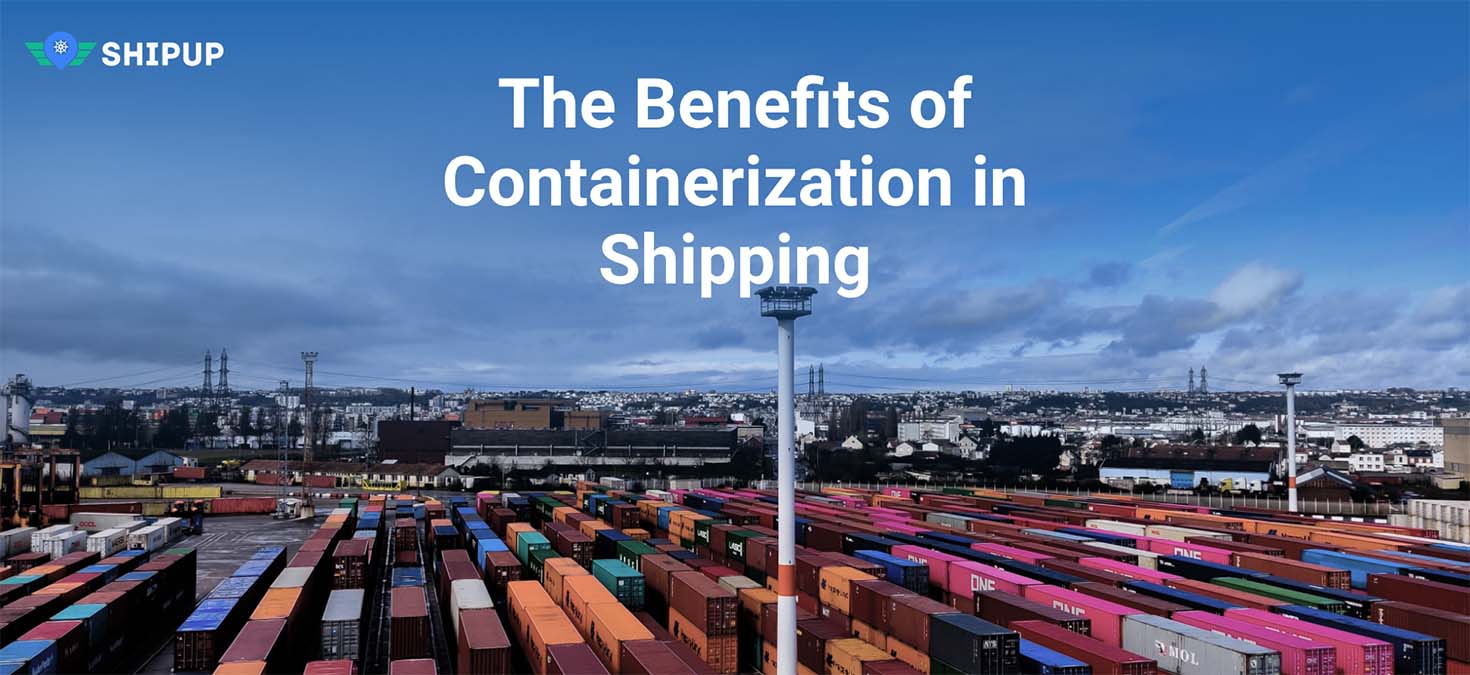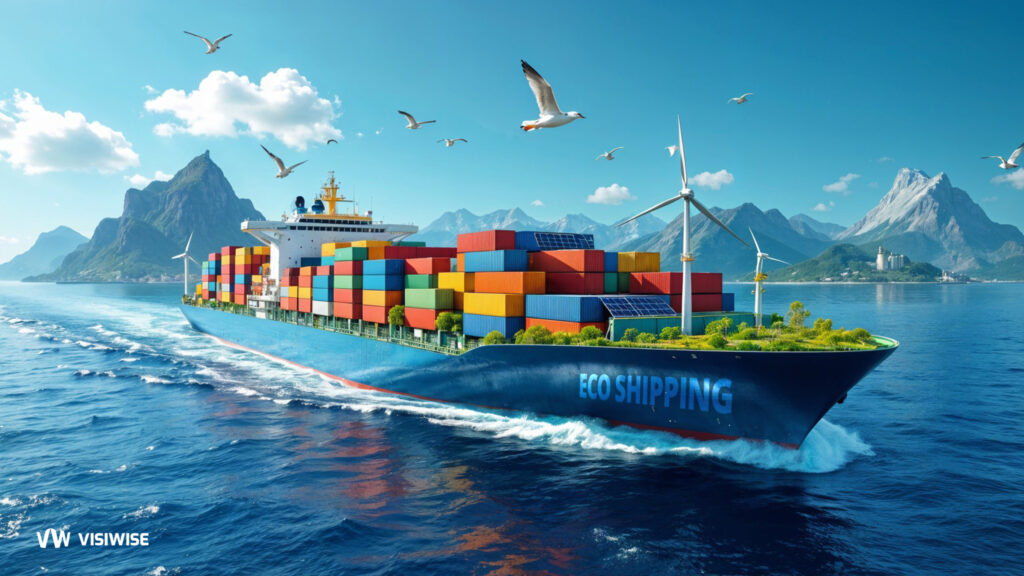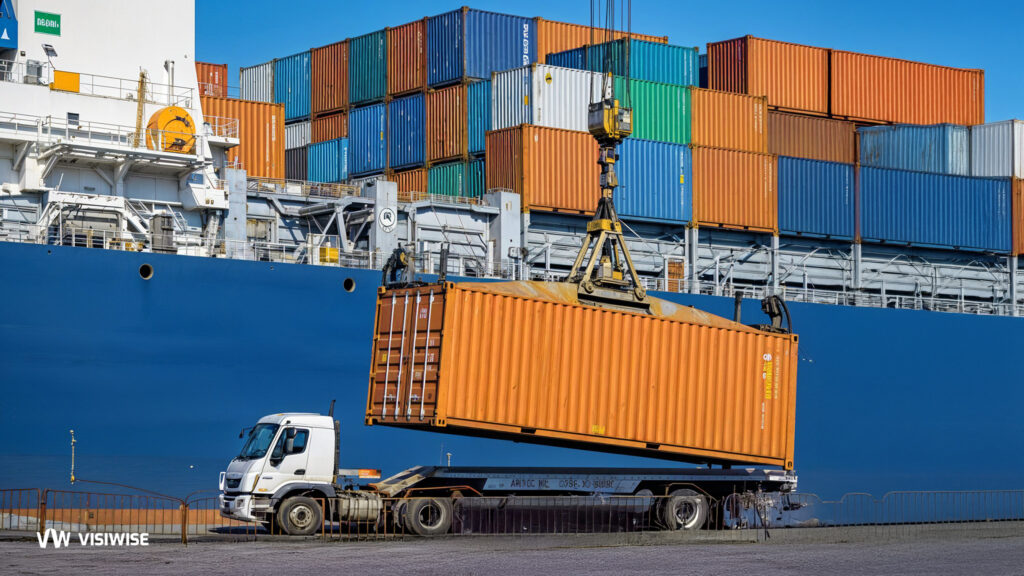Introduction to Containerization in Shipping
Containerization is a method of transporting goods using standardized containers, which can be easily moved between different modes of transportation, such as ships, trains, and trucks. This has revolutionized the shipping industry by reducing costs, increasing efficiency, and facilitating global trade. The standardization of containers has also played a crucial role in the growth of containerization. In this blog post, we will delve into the advantages of containerization in maritime shipping, explore what containerization in shipping entails, and discuss shipping container optimization and container shipping logistics.
The Advantages of Containerization in Maritime Shipping
There are several benefits to using containerization in maritime shipping. One of the main advantages is the cost savings that it offers for both shippers and carriers. Containerization allows for more efficient loading and unloading of cargo, which reduces handling costs and transit times. Containerization also has environmental benefits, as it can reduce fuel consumption and emissions.
What is Containerization in Shipping?
Containerization in shipping involves the use of standardized containers to transport goods by sea, land, and air. These containers come in various sizes and types, such as dry containers for general cargo and refrigerated containers for perishable goods. The process of loading and unloading containers onto ships, trucks, and trains is facilitated by container terminals, which are specialized facilities equipped with cranes and other handling equipment.
Shipping Container Optimization
Optimizing the use of shipping containers can help to further reduce costs and increase efficiency in the container shipping process. This can be achieved through proper loading and stowage of containers, as well as by choosing the right size and type of container for the goods being shipped. Proper container maintenance is also important to ensure that containers are in good condition and fit for use.
Container Shipping Logistics
Container shipping logistics involve the planning and coordination of the entire container shipping process, from the movement of goods to the final destination. This includes the selection of the most suitable mode of transportation, the routing of shipments, and the handling of customs and other regulatory requirements. The use of advanced technologies, such as blockchain and digital cargo tracking systems, can help to streamline container shipping logistics and improve transparency and traceability.
Visiwise and Container Tracking
As a freight forwarder or importer/exporter, it’s essential to have visibility into the movement of your shipments and containers in transit. This is where the Visiwise Visibility Platform can help. With this platform, you can easily track your shipments and containers in real time, giving you complete transparency into the movement of your goods.
This can help you to optimize your supply chain operations and make informed decisions about your logistics and transportation strategies. Additionally, the Visiwise Visibility Platform offers a range of features, such as customizable dashboards and reports, that can help you to better understand your shipping data and identify trends and patterns. Overall, the Visiwise Visibility Platform is a valuable tool for anyone looking to improve the efficiency and effectiveness of their shipping operations.
Conclusion
In conclusion, containerization has had a significant impact on the global shipping industry, offering numerous benefits in terms of cost savings, efficiency, and environmental sustainability. By optimizing the use of shipping containers and effectively managing container shipping logistics, companies can further enhance the efficiency and effectiveness of their supply chain operations. As the shipping industry continues to evolve, we can expect to see further developments and innovations in the field of containerization.



